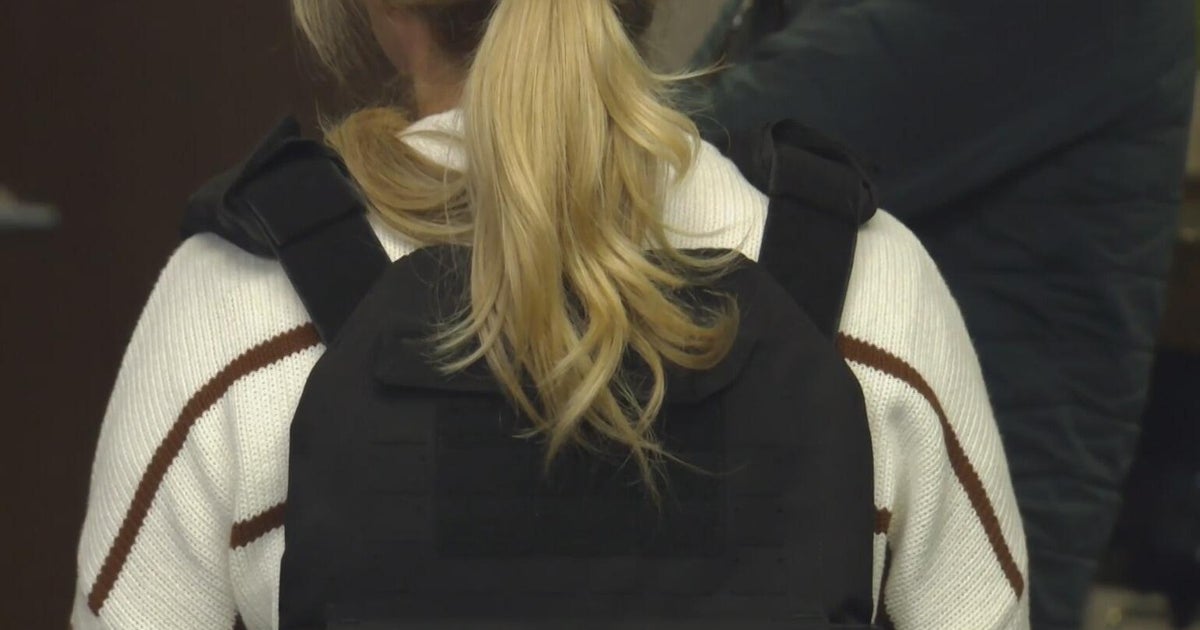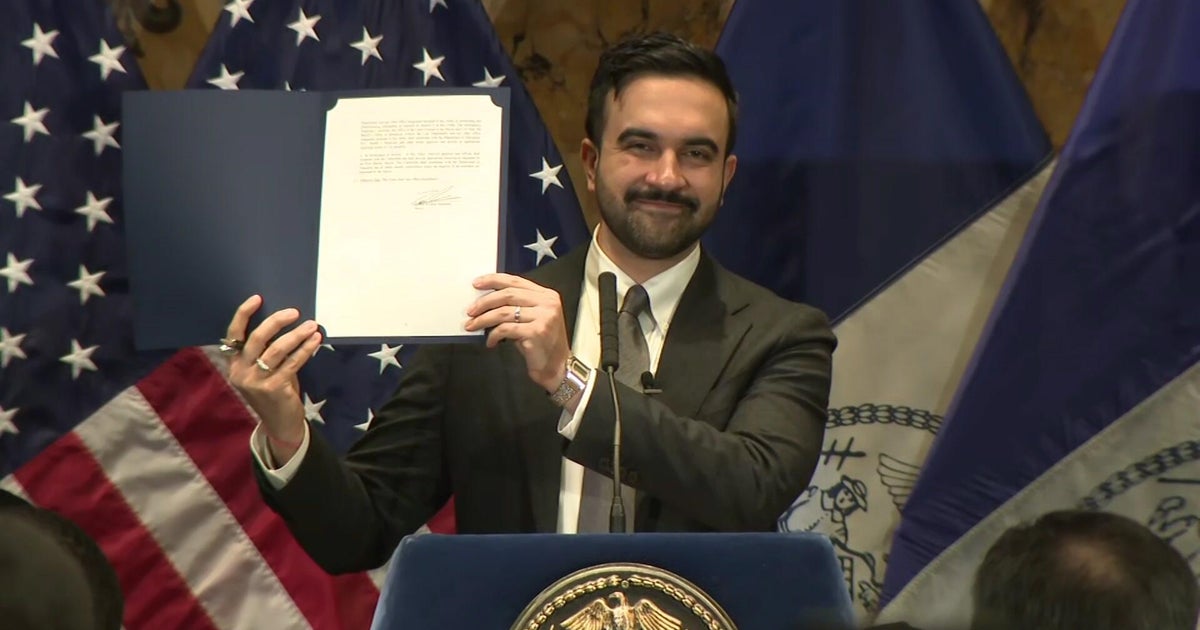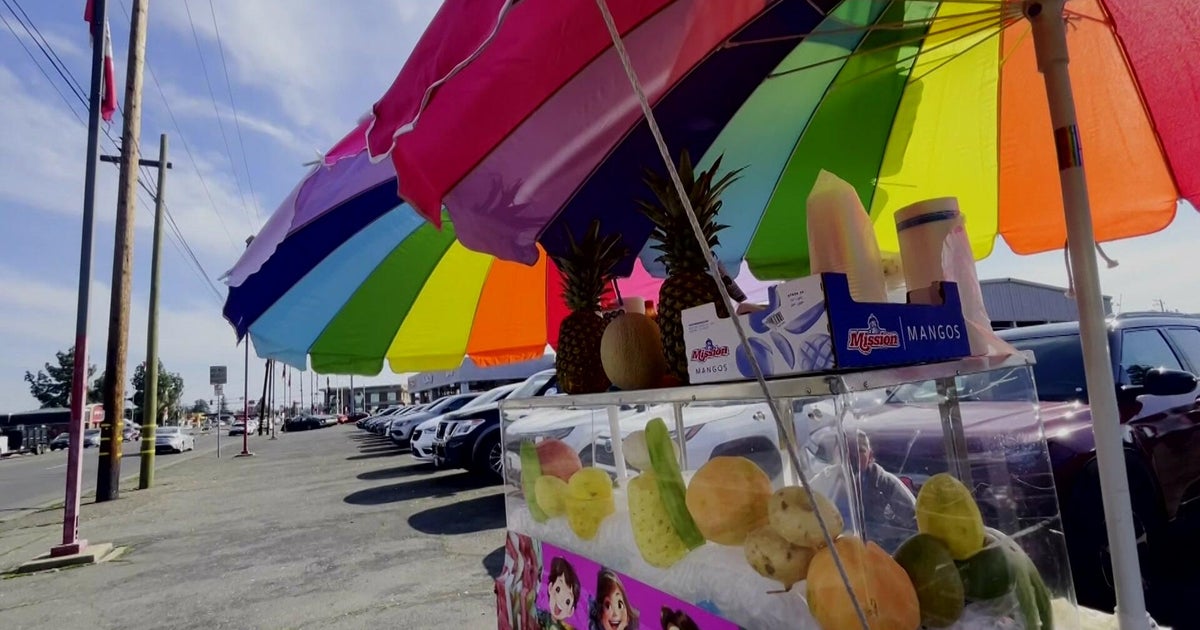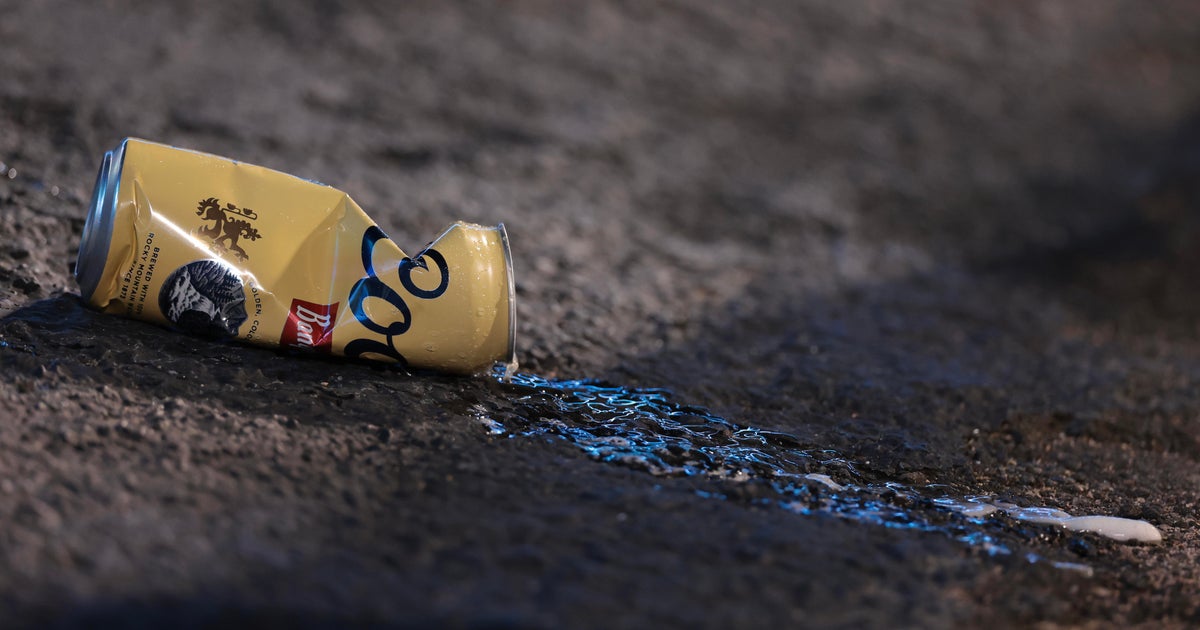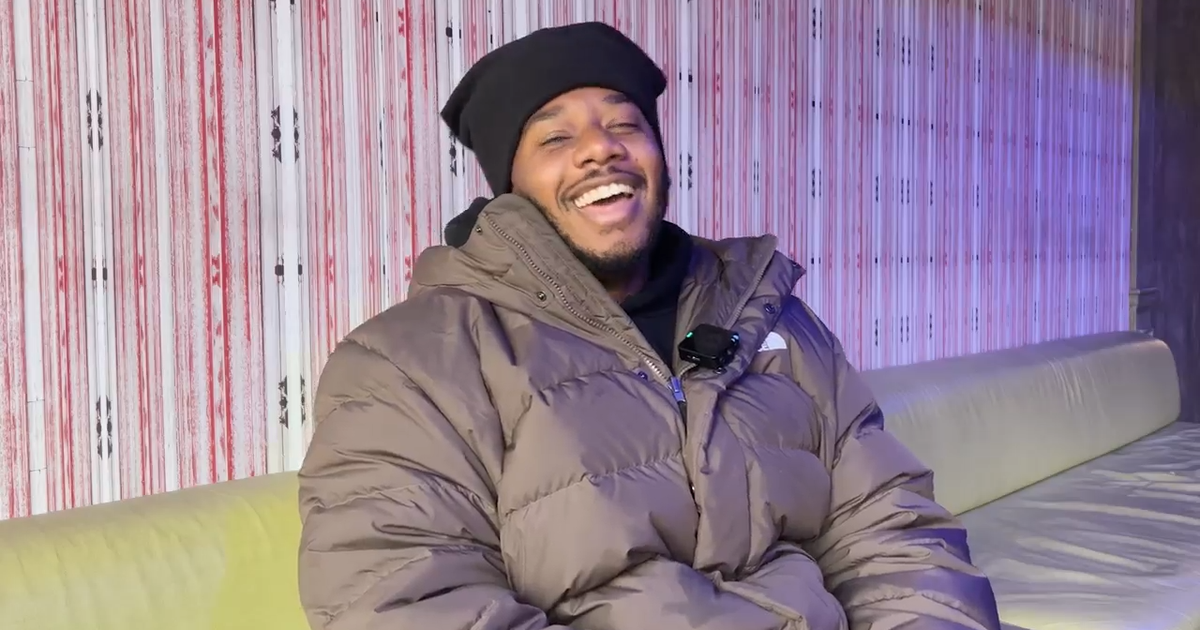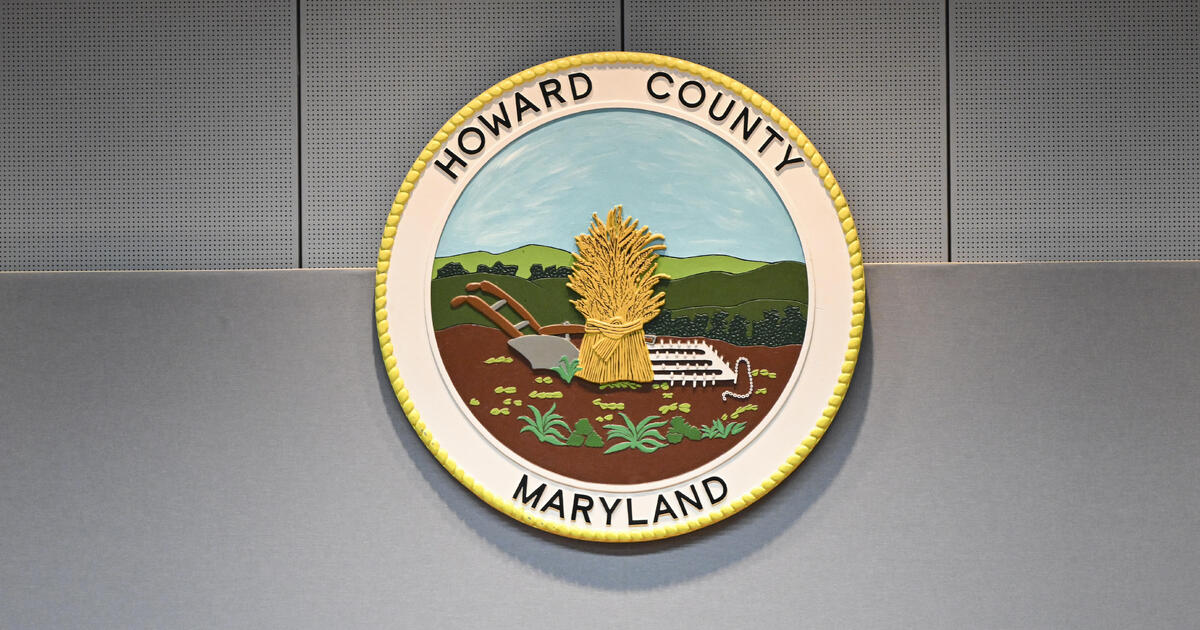Reaction mixed to New York's new human composting law
NEW YORK -- The Empire State is now the sixth in the nation to allow the composting of human remains, but as CBS2 political reporter Marcia Kramer reports, not everyone wants to go to their eternal resting place like that.
Forget the cemeteries and the crematoriums; now New Yorkers can choose a greener option and have their bodies composted.
"Is that a joke, actually?" Hell's Kitchen resident Al Roach said.
"No, no, it's a real bill. The governor signed it into law," Kramer said.
"Yeah, whatever. Whatever anybody wants to do, but I'm just going to be cremated," Roach said.
"You don't want to be composted?" Kramer asked.
"No, 'cause I just think of my dad's compost pile when I was younger. It was in a big tumbler, and then all the stuff went into it and you cranked it around, so," Roach said.
"You don't want that," Kramer said.
"No," Roach said.
"I would rather be composted," Washington Heights resident Philip Bolton said.
"Really?" Kramer asked.
"Return to the earth ... Make some use of this body," Bolton said.
READ MORE: New York OKs human composting law, becoming 6th state in U.S. to do so
That's the yin and the yang as New Yorkers reacted to a new bill signed into law by Gov. Kathy Hochul that legalizes natural organic reduction, popularly know as human composting.
"I have to admit, when I first heard about it I go, oh my god, this is weird, but when you think more about it, it's not weird. In fact, it's a very good choice, and I think will become the choice for families over time," Assemblywoman Amy Paulin said.
Paulin, the bill's sponsor, says composting remains is much better for the environment -- no chemicals from being buried, no carbon emissions from cremation. She said for her family, it's also a solution for her husband, who wants to be buried at their country house, since regular burial isn't legal anywhere but a cemetery.
"You could plant a tree with his remains. It would be forever," Paulin said.
Supporters say that one benefit of human composting is that cemeteries could run out of space, but not everybody agrees with that.
"No, there's more than enough space to bury bodies," former New Jersey governor and funeral home owner Richard Codey said.
Codey's family has been in the funeral home business since 1906. He says he doesn't think the idea will catch on.
"I don't see the attraction. Obviously, there's no cost savings," he said.
Seth Viddal, who has been composting bodies for about a year at his Boulder, Colorado, facility, says it costs just under $8,000 to compost a body. There's the cost of the vessel, the plant materials that help the body to decompose and the approximately three months it takes.
"What human composting is is a gentle return to the earth and a conversion of a living body back into a living soil," Viddal said.
Viddal says the end result is several wheelbarrows full of nutrient-dense soil that can be used to plant trees, forests or gardens.

